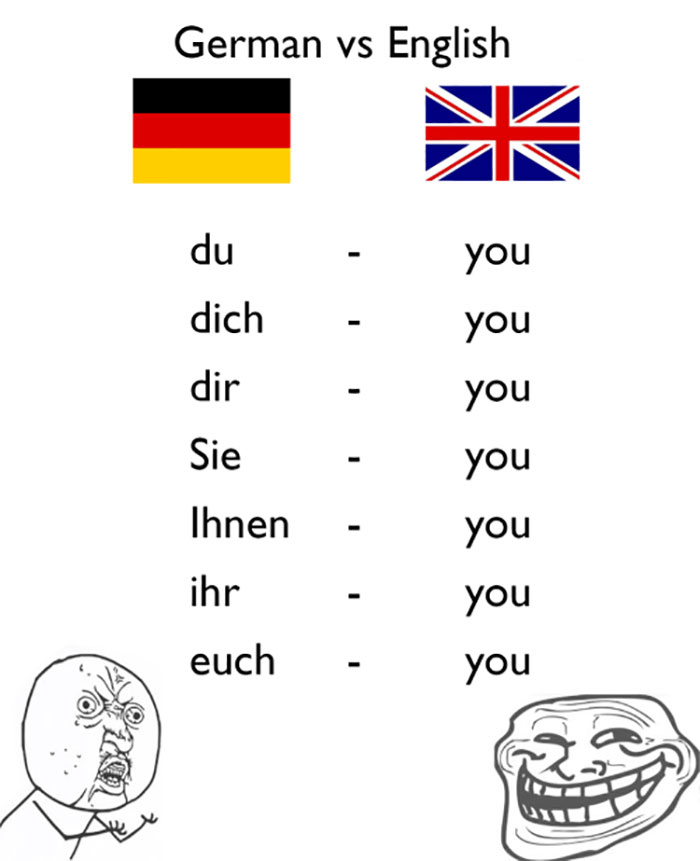When winter descends upon Berlin, the city transforms into a snowy wonderland. But as the temperature drops, it’s essential to stay warm and cozy without emptying your wallet. Fortunately, Berlin offers a multitude of options for budget-conscious shoppers to find affordable winter clothing. We’ve gathered valuable insights from Reddit users to guide you through the best places to snag a winter bargain.
Decathlon: Affordable Functional Clothing
Decathlon emerges as a top choice for those who don’t mind functional, budget-friendly clothing. The store’s reputation for quality and affordability makes it a go-to option for many Berliners. Here, you’ll discover everything you need to gear up for the chilly Berlin winters – from layering options to windbreakers, all at prices that won’t freeze your bank account.
Second-Hand Stores and Flea Markets
If you have a penchant for sustainable and budget-conscious shopping, Berlin won’t disappoint. Vinted, Humana, and the countless Sunday Flohmarktes (flea markets) are treasure troves of pre-loved winter clothing. When you buy second-hand, not only do you save money, but you also reduce your carbon footprint. It’s a win-win situation.
Recommended Flea Markets: While some flea markets may leave you empty-handed, there are specific ones to watch out for. Nowkoelln Flowmarkt, NK Kranoldplatz Flohmarkt, and Flohmarkt am Boxhagener Platz consistently attract young sellers with a wide selection of stylish second-hand items.
Charitable Organizations and Second-Hand Stores
For hidden gems and incredible bargains, explore second-hand stores run by charitable organizations such as DRK (Deutsches Rotes Kreuz). These stores, found in various parts of Berlin, offer high-quality clothing at remarkably affordable prices. Dive into the less hip and more normal to upper-middle-class areas like Charlottenburg, Wilmersdorf, and Schöneberg to uncover hidden fashion treasures.
Online Shopping for Bargains
Online platforms have revolutionized the way we shop, and Berlin is no exception. Websites like eBay, Vinted, momox, and sellpy are actively used in Germany. They provide an array of options for buying winter clothing at competitive prices. The convenience of shopping from your own home is a bonus.
Off-Season Sales and Promotions
The savvy shopper’s secret? Timing is everything. Plan your winter wardrobe purchases during the spring when stores are eager to clear out their previous winter stock. You’ll find heavily discounted items that will keep you warm next winter.
Additionally, keep an eye out for store-wide promotions, especially during events like 10% off for students, Halloween, or other seasonal holidays. These special offers can significantly reduce the cost of your winter wardrobe.
Uniqlo and Other Retailers
Uniqlo, a well-known brand for basics, has gained a reputation for its Heattech clothing line, designed to keep you warm during the coldest of winters. Whether you opt for Heattech Extra or Heattech Ultra, Uniqlo provides exceptional options for staying cozy without wearing bulky layers.
Furthermore, for those who prefer to purchase new clothing, visit C&A or other major retailers to find your perfect coat size. Once you’ve identified your ideal fit, search for discounted winter coats on platforms like eBay, Vinted, momox, or sellpy. You can discover hardly-worn €200 wool coats for as little as €40-€80.
Additional Affordable Options
Beyond the well-known options, there are other gems to explore in Berlin:
- Army Surplus Stores: Trendy Army Store on Skalitzerstr offers a diverse range of budget-friendly winter clothing.
- Facebook Marketplace: Check out the Facebook Marketplace for local deals on gently used winter clothing.
- Discount Retailers: Kik is a budget-friendly option that offers a variety of winter wear.
Conclusion
As winter approaches in Berlin, you now have a multitude of budget-friendly options for keeping warm without draining your wallet. Whether you prefer the charm of second-hand shopping, the thrill of off-season deals, or the convenience of online platforms, Berlin has something for every budget-savvy shopper. So, gear up and stay cozy without the hefty price tag.















